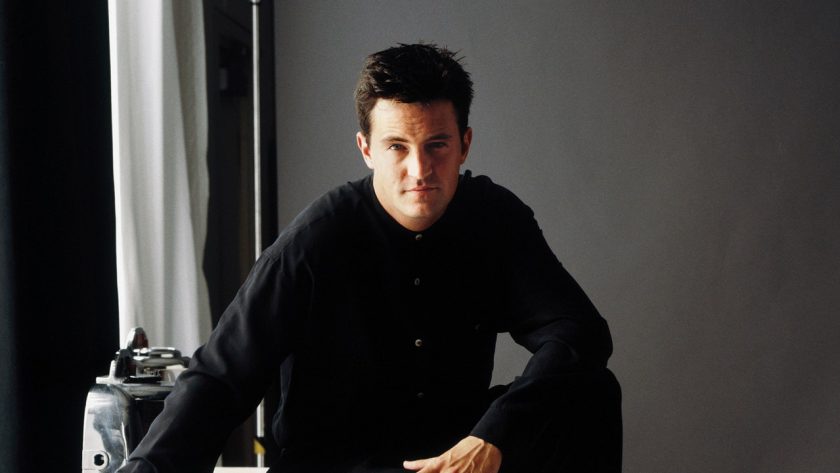Growing up as the child of American expats in 1990s Italy, Friends was, for me, more than a cultural tie to the country we’d left behind, where most of our family and friends still lived. It was a kind of religion for my mom, my aunt Flavia, and me, whether we were watching it at Flavia’s apartment in western Massachusetts or on the out-of-date TV at our house in Rome (where the show was called Amici and the dubbing was always high and squeaky). After Flavia moved to Italy herself for a few months, our Friends-watching time became even more sacrosanct, to the point that I can still remember exactly which of Rachel’s haircuts my mom found the most flattering. Most of the show’s jokes and cultural references sailed over my head, but I loved being included in the ritual, busying myself whenever Ross crowed about how he and Rachel were “on a break!” when he slept with the Xerox girl so that my mom wouldn’t suddenly remember I was seven and send me to bed.
It wasn’t until we moved back to the US when I was eight that I—the strange mix of a shy, weird only child and a class clown desperate to ingratiate myself with my new classmates—really started to identify with Chandler Bing, the awkward, woman-fearing, almost compulsively funny cutup who lived across the hall from the girls’ purple apartment with Joey Tribbiani. Eventually, Chandler would address his childhood trauma (years before I knew to call it that), start dating Monica, find a job he was actually good at, and become a husband and father on the show, but when I first saw the flashbacks that established him as a solitary, privileged child of divorce, it made sense to me. Although my own parents’ amicable breakup, as I began the fourth grade, was worlds away from Chandler’s dramatic backstory, I still identified with the rich, lonely kid who cracked jokes to distract the world from what was going on inside him.
There’s a particular episode of Friends that I still think about from time to time: “The One Where Heckles Dies,” from season two, about the gang’s obnoxious downstairs neighbor passing away. For some reason, the titular friends take it upon themselves to clean out his apartment, where Chandler unearths an old yearbook and learns that this grouchy, noise-hating, seemingly loveless bachelor was more or less exactly like Chandler as a young man: funny, prickly, obsessed with writing off various potential dates for being “too tall” or having “big gums.” Watching Chandler worry (under a thin veneer of comedy) that he’d be alone forever stayed with me, though I undoubtedly first saw the episode when I was more preoccupied with my Pokémon sticker collection than trying to find a partner.
At the end of the episode, Chandler turns off the lights in his former neighbor’s apartment as he bids him adieu for good: “Goodbye, Mr. Heckles. We’ll try to keep it down.” I think that was the first time I (or maybe any Friends viewer) saw the true range that Matthew Perry—the actor who embodied Chandler and who died on Saturday at the age of 54—was willing and able to bring to his role. Even on an early season of a typically poorly lit and occasionally corny ’90s sitcom, Perry’s ability to sell an emotional moment as successfully as a punch line shone through. Just as Chandler worried about seeing himself in Heckles, I already feared seeing myself in Chandler, but Perry took what might have been a one-note character in lesser hands and imbued him with genuine depth.



